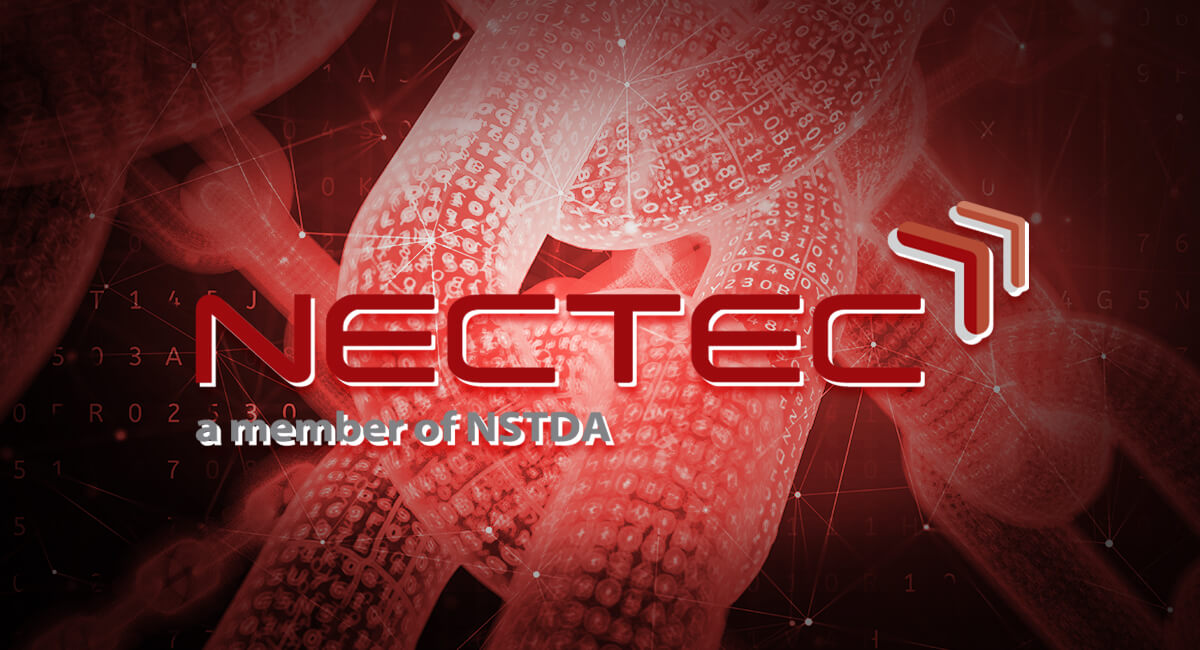ใครๆ ก็พูดถึงเทคโนโลยีบล็อกเชน (blockchain) แต่อาจจะยังมีผู้สงสัยว่า blockchain คืออะไร เพื่อให้เข้าใจกันได้ง่าย จึงขอเกริ่นให้ฟังก่อนว่า เทคโนโลยี blockchain เป็นของใหม่ที่ถูกคิดค้นขึ้นเพื่อช่วยแก้ปัญหาการเชื่อมต่อที่ไม่ครบวงจร ซึ่งเทคโนโลยีอินเทอร์เน็ตปัจจุบันยังทำไม่ได้ และการปลดล็อกสิ่งแรกที่ทุกคนต่างก็สนใจคือเรื่องเงิน

National Electronics and Computer Technology Center (Nectec) will introduce prototype blockchain for elections with a hybrid model paving the way for digital literacy and data integrity.
Chalee Vorakulpipat, head of the cybersecurity laboratory at Nectec said blockchain technology for e-voting can be applied to national, provincial or community elections, as well as education institutes for commission election. The goal is to reduce fraud and maintain data integrity.
Nectec researcher believes that blockchain implementation will require time for the general election because every voter needs to have an affordable mobile internet connection and identity verification.
However, blockchain can be applied in a close environment. Thais who stay abroad can go to the Thai embassy or consulate to vote and have their identity verified with the camera, alongside the traditional voting.
The voters need not know about the blockchain, as they can simply vote through an email and click to vote electronically, similar to online surveys carried out using Google Docs, and must be verified by a mobile camera.
After voting, results will be calculated faster as data is sent directly to the election controller and the candidates are able to check their own votes.
Blockchain eliminates the need to collect data from election points and deliver to a central location, saving huge labour costs and preventing fraud as data is transmitted directly from the voters to the election controller.
Importantly it’s data integrity. Blockchain is a decentralised system in which data is kept on each user’s node, which is hard to change. It is transparent and auditable, compared with a centralised system where hackers can attack the server and change data.
“That’s why blockchain has been used to store valuable data and important documents, such as contracts and votes,” Mr Chalee said.
Using blockchain in elections requires an election controller, voters and candidates, he said.
Before the election, an election controller can identify voter qualifications, while candidates can register in the system, through which the election controller can check their eligibility.
The blockchain prototype by Nectec is expected to be done and tested for voting at the National Science and Technology Development Agency. It also opens for partners to join testing and working with universities and Digital Government Agency.
Reference: Bangkok Post

